
UNITY Symposium
Precision prevention and oncology approaches are critical to address multilevel drivers of cancer health disparities. Precision approaches personalize prevention, screening, treatment, and survivorship care for patients based on biological vulnerabilities, behaviors, and broader social determinants of health (SDOH). In line with Eboneé N. Butler, PhD, Assistant Professor in the Department of Epidemiology at University of North Carolina’s Gillings School of Global Public Health, and colleagues, holistic strategies are key to ensure equitable outcomes in this new era of oncology and medicine, with a focus on actions that address the:
- “What” – i.e., removing structural biases that impede molecular, targeted approaches, given widespread underrepresentation in biorepositories and relatively limited translational research incorporating SDOH in identification of molecular mechanisms.
- “Who” – i.e., identifying risk based on biological drivers and SDOH, given the largely exclusive focus on biological susceptibility, limiting the promise of current cancer prevention interventions.
- “How / Where” – i.e., ensuring equitable and inclusive delivery of risk-appropriate prevention and screening methods for enabling the capacity to be adherent among populations that are vulnerable to biological and SDOH risks.
We will discuss each of these components across three panel discussions culminating in an extended networking and happy hour.
Agenda
Moderator:
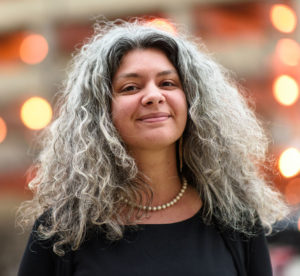
Yamile Molina, MS, MPH, PhD, is Associate Director for Community Outreach and Engagement at the University of Illinois Cancer Center, Associate Director for Community Engaged Research at UI Health Mile Square Health Center, and an Associate Professor in the Division of Community Health Sciences at the University of Illinois Chicago School of Public Health.

2:00 – 2:10 p.m.
Welcome and Level Setting
2:10 a.m. – 2:30 p.m.
The Value of Equitable Precision Prevention and Oncology

Julie R. Gralow, MD, FACP, FASCO, is the Chief Medical Officer and Executive Vice President of ASCO and brings to her role deep expertise in patient care, research, education, and global health.
![]()
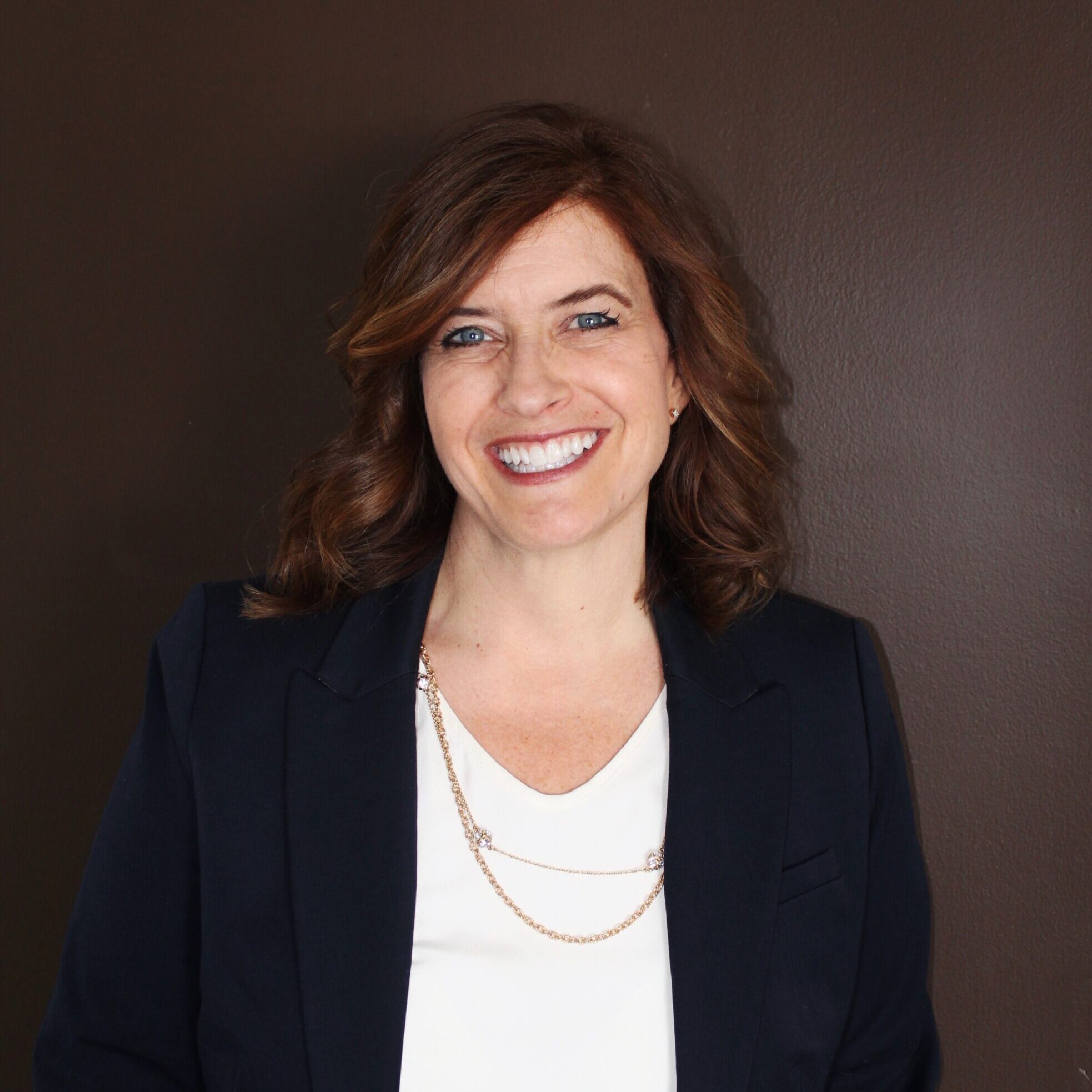
Kathy Goss, PhD, is the Senior Vice President of Partnerships and Capacity Building at the American Cancer Society, leading multi-level engagement with partners to solve problems across the cancer care continuum for patients with cancer, caregivers, families and communities.

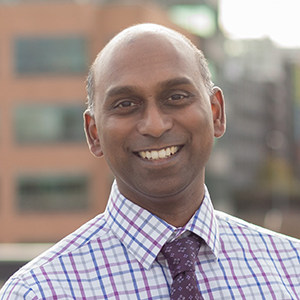
VK Gadi, MD, PhD, is the University of Illinois Cancer Center Deputy Director and a UI Health Medical Oncologist. As an academic investigator, he develops and conducts clinical trials of new medicines, diagnostic tools, and supportive care to improve outcomes for patients with breast and other types of cancers. His laboratory has made critical discoveries in cancer biology, immunology and diagnostics.

2:30 – 2:40 p.m.
Break
2:40 – 3:30 p.m.
Equity-Driven Approaches for Risk Identification and Risk Prediction
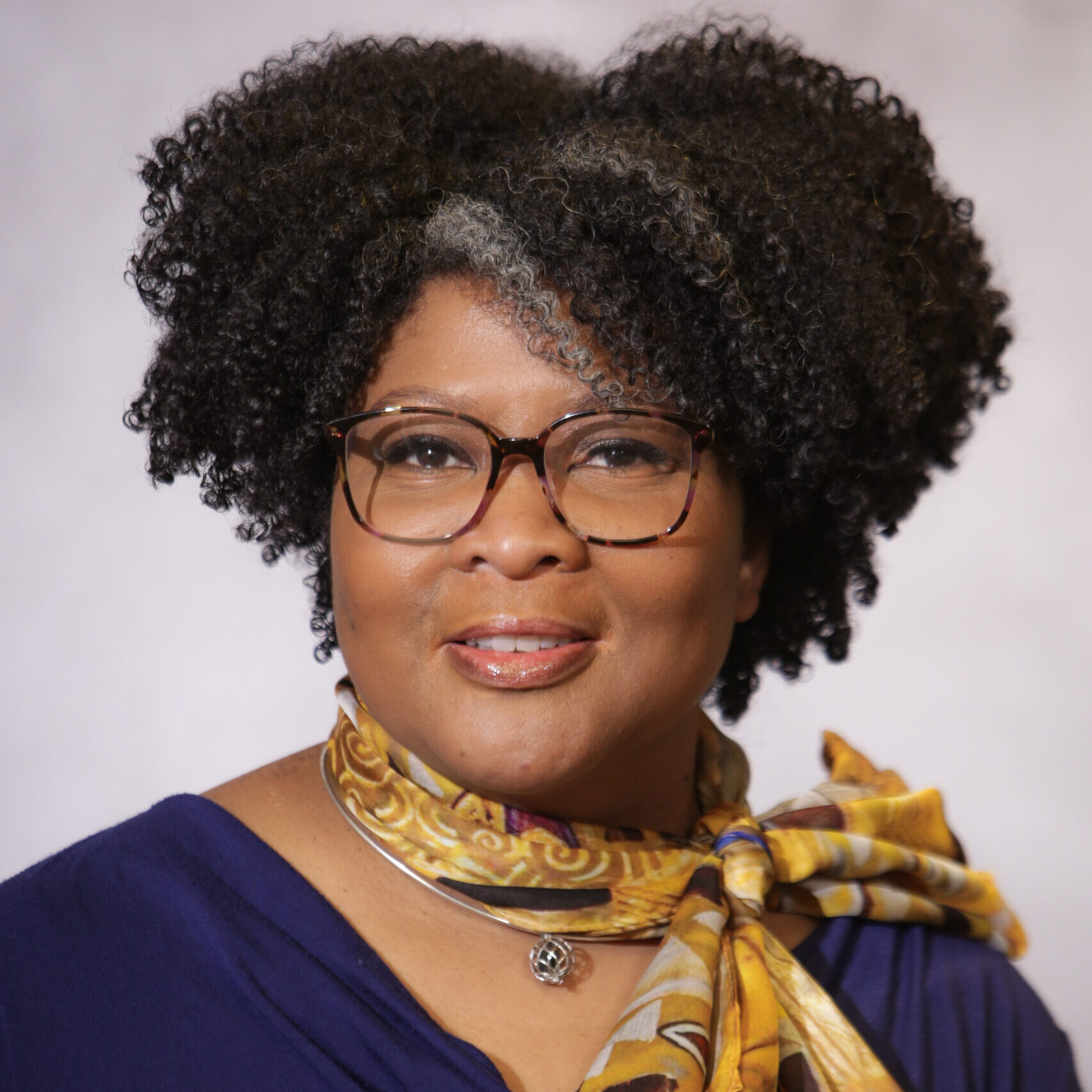
Melissa B. Davis, PhD, is the newly appointed Director of the Institute of Translational Genomic Medicine at Morehouse School of Medicine, and Distinguished Investigator with the Georgia Research Alliance. She also serves as Scientific Director of the International Center for the Study of Breast Cancer Subtypes (ICSBCS), (Interim) Director of Health Equity for the Englander Institute of Precision Medicine and Associate Professor of Cell and Developmental Biology in the Department of Surgery and at Weill Cornell Medicine in New York, NY. She is also a Cancer Ethnicity Scholar, co leading the PolyEthnic-1000 project at New York Genome Center.


Clayton Yates, PhD, is recognized for his international expertise in addressing cancers with African Ancestry, and is currently appointed as the John R. Lewis Professor of Pathology, Oncology, and Urology and Director of Health Disparities and Global Health Equity at Johns Hopkins School of Medicine.

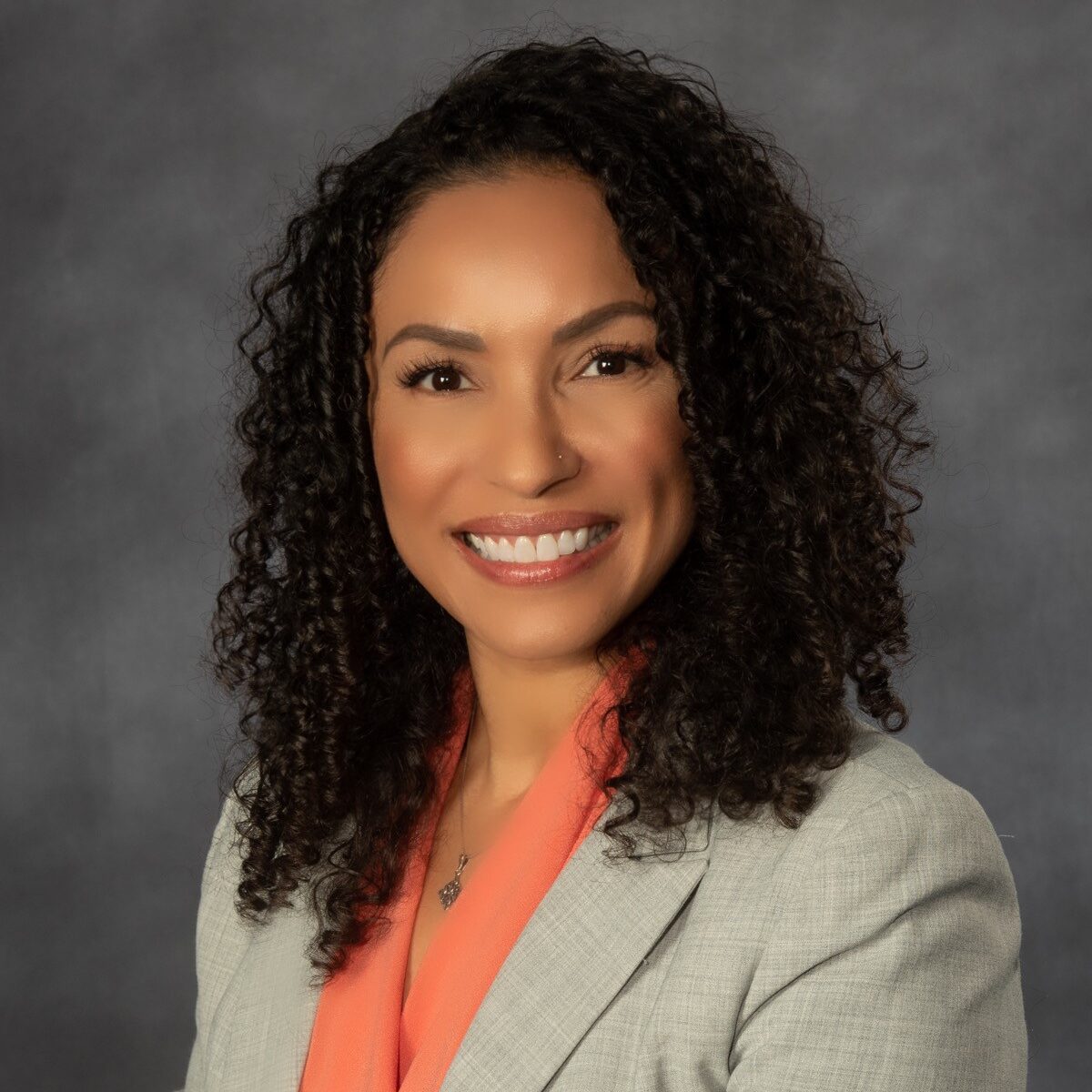
Katherine Y. Tossas, Ph.D., M.S., is an assistant professor at Virginia Commonwealth University School of Population Health, as well as founding director at VCU Massey Comprehensive Cancer Center’s office of Catchment Area Data Alignment. Her research is grounded in health equity, investigating the microbiome’s impact on birth outcomes, precancerous lesions in the cervix and lung, and is the PI for multiple community-engaged projects to address cancer outcome disparities across Virginia. Dr. Tossas also mentors several students through her COQUI (Cancer Outcomes Queries to Understand Inequities) Lab.

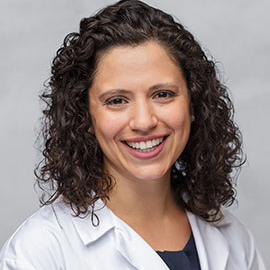
Natalie Reizine, MD, is an assistant professor and clinical investigator at the University of Illinois at Chicago with an academic focus on genitourinary cancers. As an oncologist, her research interests are identifying and mitigating disparities in cancer outcomes, specifically with an emphasis on tumor biomarker identification, testing implementation, and equitable clinical trial enrollment. Her ultimate goal is to create a multidisciplinary program focused on caring for men with advanced and metastatic prostate cancer with expanded access to personalized oncology treatment and novel clinical and translational research opportunities.

3:30 – 3:40 p.m.
Break
3:40 – 4:20 p.m.
Scaling Equitable Delivery of Risk-Appropriate Care // Precision Prevention & Oncology
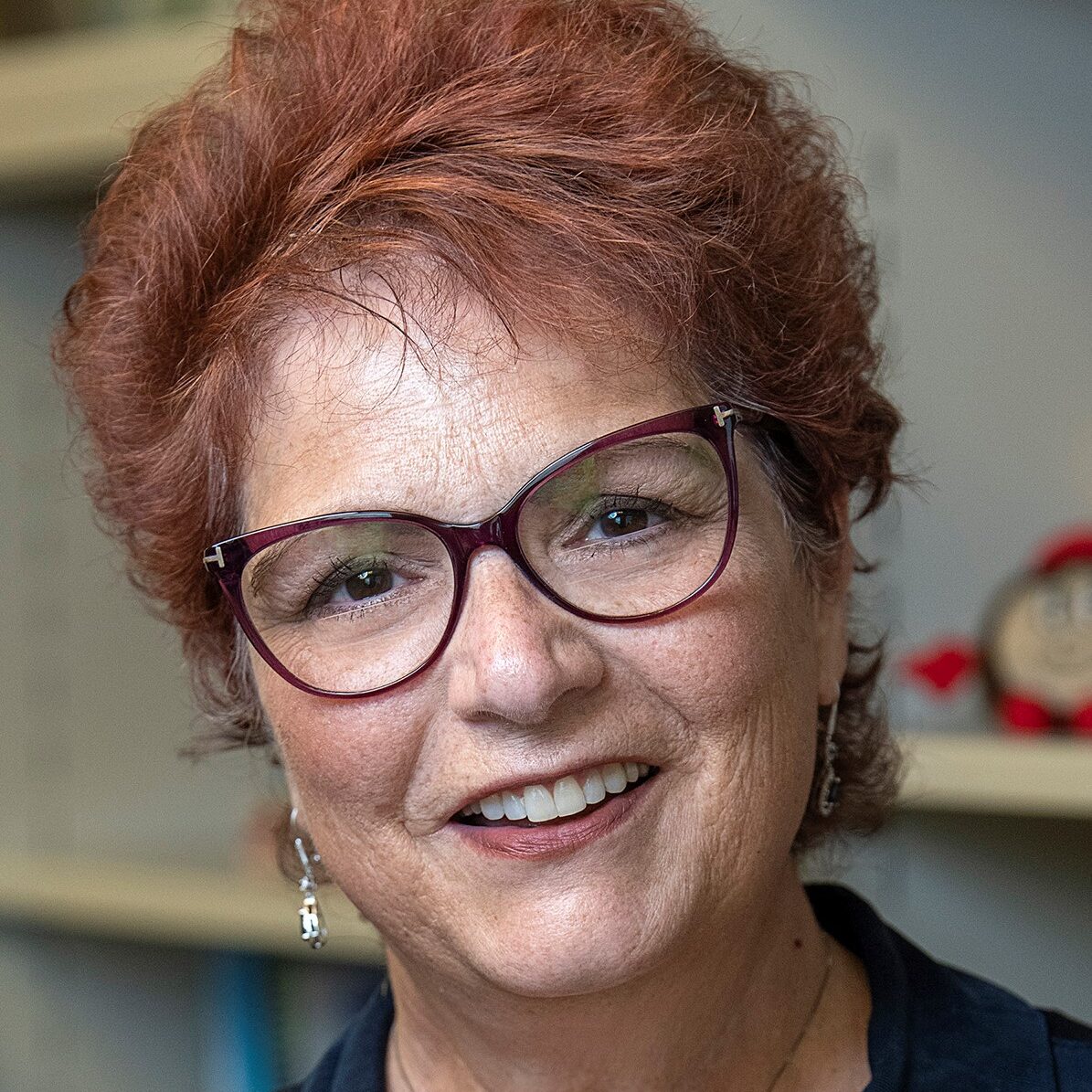
Electra Pasket, PhD, is the Marion N. Rowley Professor of Cancer Research at The Ohio State University, Director of the Division of Cancer Prevention and Control in the College of Medicine, a professor in the Division of Epidemiology in the College of Public Health and the Deputy Director for Population Sciences and Community Outreach in the Comprehensive Cancer Center of the Ohio State University and Founding Director of the Center for Cancer Health Equity in the James Cancer Hospital.


Ruben A. Mesa, MD, FACP, leads Atrium Health’s mission and programs against cancer as president, Atrium Health Levine Cancer; executive director of the National Cancer Institute (NCI)- designated Atrium Health Wake Forest Baptist Comprehensive Cancer Center; vice dean for cancer programs and professor of medicine at Wake Forest University School of Medicine; and senior vice president for Atrium Health. In these roles, Mesa oversees all efforts related to cancer practice, research, and education across the Atrium Health system.


Larry Kessler, Sc.D., is Professor in the Department of Health Systems and Population Health, University of Washington School of Public Health. He has over 40 years of experience in health services research. He has an extensive research record in applied health services research with work in cancer, in cancer surveillance research, and regulatory knowledge of medical products, including over 200 peer-reviewed journal publications. He now also serves as Deputy Chair of the Multi-Cancer Early Detection Consortium.
![]()
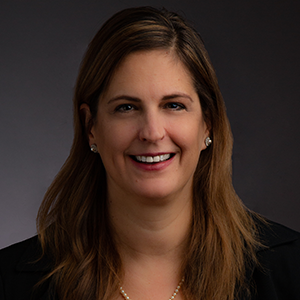
Pamela Ganschow, MD, is Director, Cancer Prevention and Survivorship Clinical Programs at the University of Illinois Cancer Center. Her cancer-relevant research interests span the breadth of cancer care, from screening and prevention through diagnosis and survivorship, identifying gaps and developing best practices in cancer care across the continuum.

4:20 – 4:30 p.m.
Closing and Evaluation
4:30 – 6:00 p.m.
Happy Hour / Networking / Partnership Fair
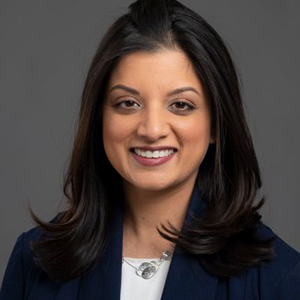
Shikha Jain, MD, FACP, is a board-certified hematologist and oncologist who practices at UI Health, and a tenured Associate Professor at the University of Illinois College of Medicine Chicago in the Division of Hematology and Oncology. Her leadership roles include GI Oncology IPU Lead and Associate Director of Oncology Communication and Digital Innovation at the Cancer Center. She is also the founder of the Women in Medicine® 501(c)3 nonprofit and founder of the Women in Medicine Summit™.
